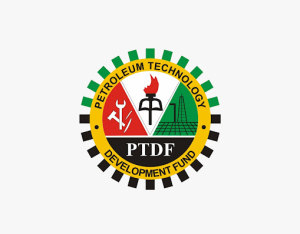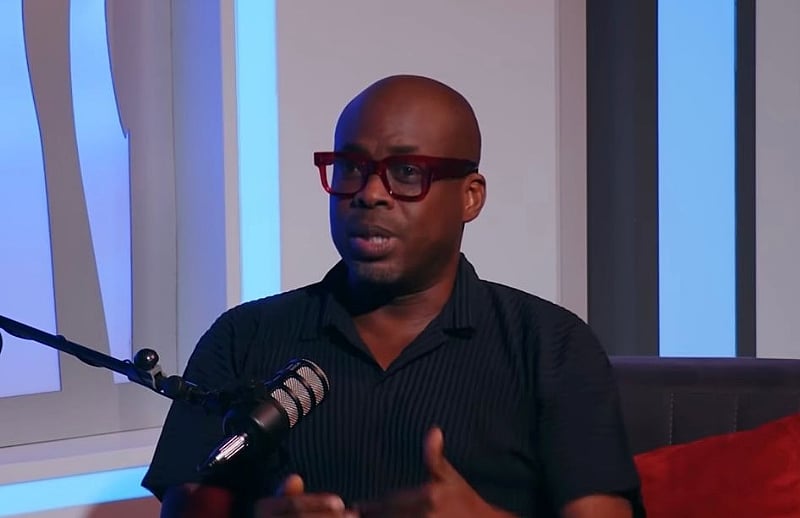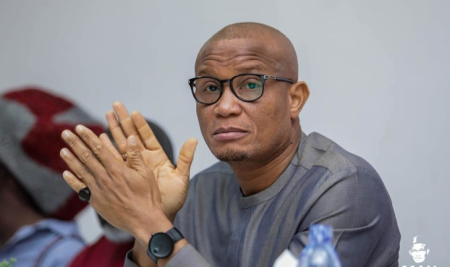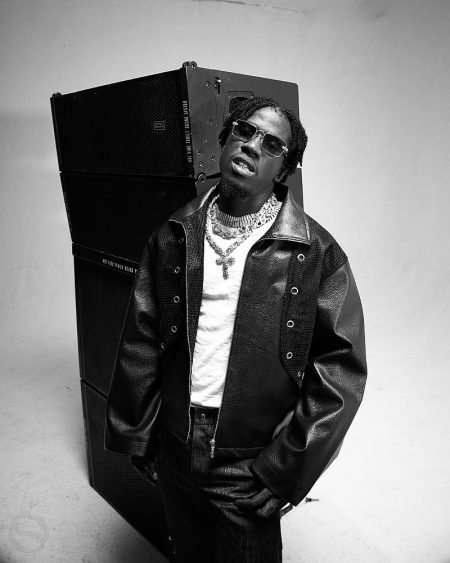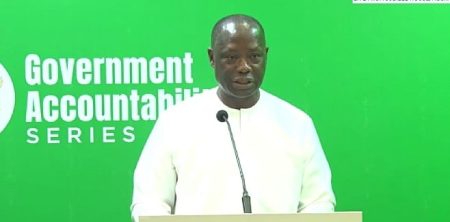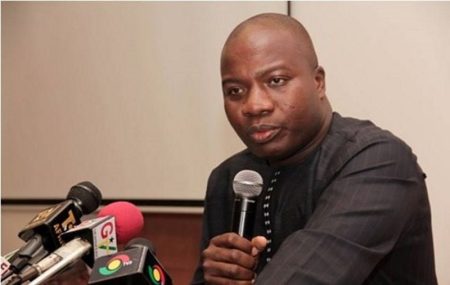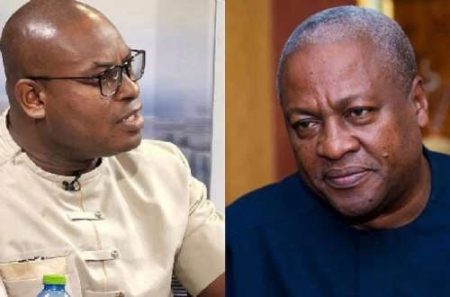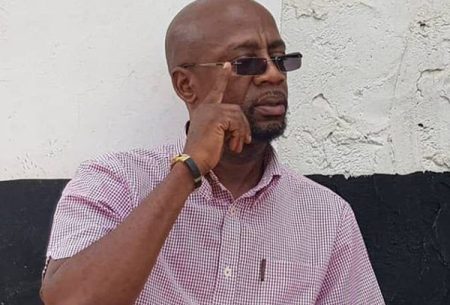Paul Adom-Otchere, a prominent Ghanaian media personality, challenges the conventional wisdom surrounding Ghana’s eight-year political cycle. While the pattern of alternating power every eight years has been consistent since the Fourth Republic’s inception in 1992, Adom-Otchere posits that this phenomenon is not primarily driven by a public desire for change. Instead, he argues, the root cause lies in the internal fracturing of ruling parties following the selection of new presidential candidates, particularly when those selections emerge from fiercely contested intra-party elections. This internal strife weakens the party’s cohesion and undermines its ability to present a united front in the subsequent general election, paving the way for an opposition victory.
Adom-Otchere’s forthcoming book, focused on the 2024 elections and broader political trends in Ghana, delves deeper into this hypothesis. He contends that the change of leadership within the ruling party after eight years, a necessity due to constitutional term limits, triggers a period of internal jostling and realignment that often proves detrimental to the party’s electoral prospects. The selection process for a new flagbearer can exacerbate existing factions and create new divisions, diverting energy and resources away from campaigning and governance. This internal disunity, rather than public dissatisfaction with the incumbent party’s overall performance, becomes the decisive factor in their electoral defeat. He contrasts this with the inherent advantages of incumbency, which strengthens the party’s position and makes it more difficult for opposing forces to unseat them.
To further illuminate his argument, Adom-Otchere explores the hypothetical scenarios of past presidents seeking additional terms. He suggests that if former President Jerry John Rawlings had been eligible to contest the 2000 election, he likely would have won due to the advantages inherent in incumbency. These advantages, he explains, extend beyond just the power of the office itself and include access to state resources and the support of key institutions like the police and military. These actors, he argues, are often incentivized to maintain the existing power structure to protect their own positions and influence. Therefore, the inherent bias of the system favors the incumbent, making it difficult for challengers to gain traction.
Similarly, Adom-Otchere postulates that former President Nana Akufo-Addo could have potentially secured a third term for the New Patriotic Party (NPP) if constitutional term limits had not prevented him from running. This assertion further underscores his belief in the power of incumbency, suggesting that even with eight years of governance under their belt, the inherent advantages of holding office would give the sitting president a significant edge in any election. He believes that this advantage outweighs the potential voter fatigue or desire for change that the eight-year cycle theory suggests.
Adom-Otchere’s analysis sheds new light on the complexities of Ghanaian politics by moving beyond the simplistic narrative of an eight-year voter fatigue cycle. He argues that the internal dynamics within political parties, specifically the struggles for power and influence that accompany leadership transitions, are often the primary determinants of electoral outcomes. These internal battles weaken the party’s ability to effectively govern and campaign, creating vulnerabilities that the opposition can exploit. This, in turn, creates the illusion of an electorate driven by a desire for change when, in reality, the seeds of the ruling party’s defeat are often sown within its own ranks.
His research underscores the importance of party unity and cohesion in maintaining political power. By highlighting the destabilizing effects of leadership transitions and the inherent advantages of incumbency, Adom-Otchere offers a nuanced perspective on the factors that shape electoral outcomes in Ghana. This challenges the conventional narrative and encourages a deeper understanding of the underlying political forces at play. This perspective adds valuable insight into the political landscape of Ghana and potentially other democracies where similar patterns emerge, suggesting that focusing solely on public opinion overlooks the critical role of intra-party dynamics in shaping the trajectory of political power.


